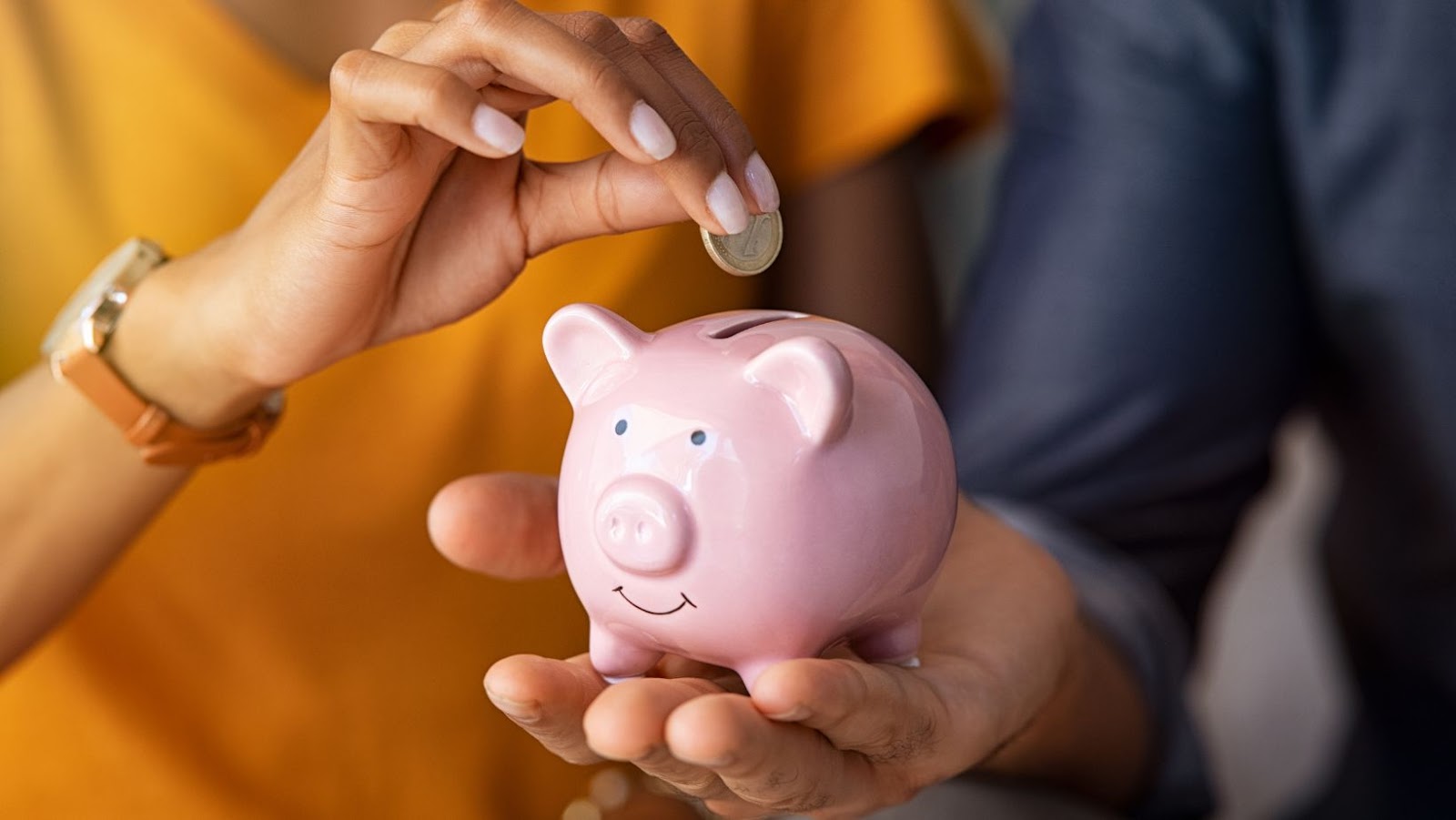Everyone’s looking for ways to save money, but the secret often lies in simple, everyday financial hacks. Whether it’s cutting unnecessary expenses or finding clever ways to boost savings, these strategies can make a significant impact on one’s financial health.
From automating savings to leveraging cashback apps, there are countless methods to keep more money in your pocket. This article dives into practical and effective hacks that anyone can implement, regardless of their financial situation. Get ready to transform your approach to saving money and watch your bank account grow.
Financial Hacks To Save Money
Understanding one’s financial health is crucial for implementing effective saving strategies. This assessment helps identify areas for improvement and fosters responsible financial management.
Tracking Your Expenses
Tracking expenses unveils spending habits, enabling individuals to pinpoint areas for savings. Utilize tools like budgeting apps (e.g., Mint, YNAB) or spreadsheets to categorize and monitor each purchase. Analyse categories monthly; this helps identify unnecessary expenditures and adjust habits accordingly.
Setting Financial Goals
Setting financial goals provides direction and motivation. Clearly define short-term goals (e.g., saving $1,000 in 3 months) and long-term goals (e.g., buying a home). Break down goals into actionable steps, and track progress to stay on course. Consistent monitoring ensures goals remain attainable and relevant.
 Effective Budgeting Strategies
Effective Budgeting Strategies
Effective budgeting strategies help individuals manage their finances, control expenses, and achieve savings goals.
Creating a Budget Plan
Creating a budget plan starts with listing monthly income sources like salaries or freelancing payments. Then, identify fixed expenses such as rent, utilities, and insurance payments. After that, calculate variable expenses, including groceries, dining out, and entertainment. It’s crucial to set achievable savings targets by allocating a specific percentage of monthly income directly to a savings account. Regularly analyse and adjust the budget plan to remain aligned with financial goals.
Using Budgeting Apps
Using budgeting apps simplifies tracking expenses and planning finances. Apps like Mint, YNAB (You Need a Budget), and PocketGuard categorize expenditures automatically and provide real-time updates. These apps offer tools to set financial goals, monitor spending patterns, and create alerts for overspending. Additionally, they aggregate bank accounts, credit cards, and loans to present a consolidated view of financial health. Regular usage helps users stick to their budget and meet their savings targets efficiently.
Smart Saving Techniques
Implementing smart strategies can significantly bolster savings. Two effective methods are automating savings and using the envelope system.
Automating Savings
Automating savings involves setting up automatic transfers from a checking account to a savings account on a regular schedule. This method eliminates the temptation to spend disposable income and ensures consistent growth of savings. For example, setting up a weekly transfer of $50 can accumulate $2,600 over a year without manual intervention. Many banks and financial institutions, including Chase and Wells Fargo, offer features to automate transfers easily. It’s beneficial to sync these transfers with payroll deposits to align savings with income.
Envelope System
The envelope system offers a tangible way to manage and control spending. This method requires individuals to allocate cash for different expense categories, such as groceries, entertainment, and transportation, into separate envelopes. Once an envelope is empty, no more money is spent in that category until the next budgeting period. For instance, allocating $200 for groceries means sticking to that limit strictly. This system helps in disciplined spending and provides a clear visual representation of where the money goes. Users can adjust their allocations over time as spending habits evolve.
 In Conclusion
In Conclusion
Adopting these financial hacks can significantly improve one’s financial health and foster a more disciplined approach to saving and spending. By implementing strategies like automating savings, using cashback apps, and leveraging budgeting tools, individuals can take control of their finances and work towards their financial goals more effectively. Small changes, such as reducing monthly expenses and maximizing rewards, can lead to substantial savings over time. With a commitment to these practical steps, anyone can enhance their financial well-being and achieve greater financial stability.